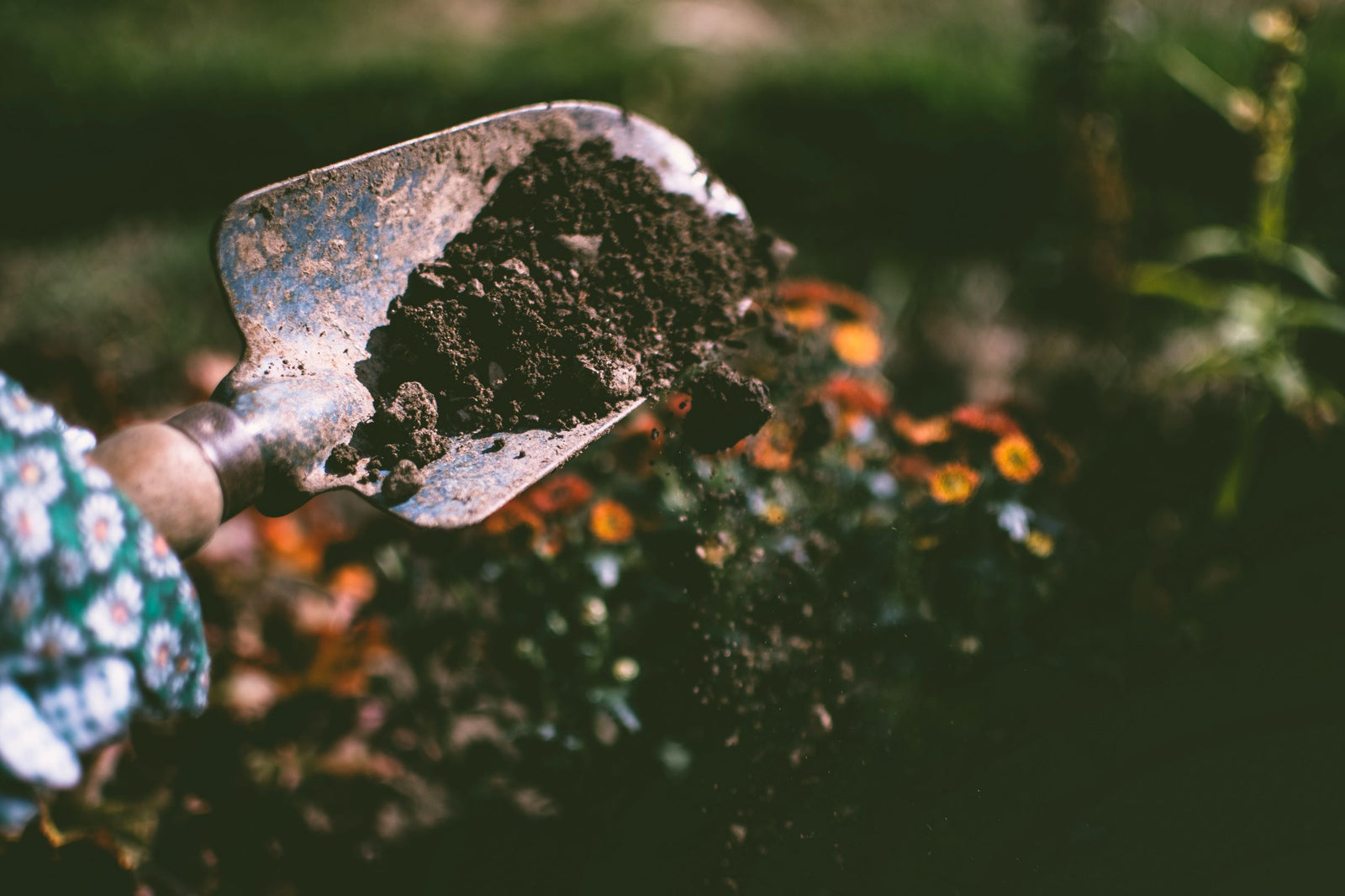Your Cart is Empty
The idea of no-dig gardening was developed by an Australian named Esther Deans. It was originally developed both as a labor-saving idea, and a method to rejuvenate badly depleted soil in a vegetable garden.
The process involves starting with layers of newspaper, and by adding lucerne hay, straw and compost in succeeding layers. By doing this, you can create a growing medium without resorting to heavy digging, and one that is rich in nutrients and one that will simplify weeding while fostering vigorous growth of plants. The layers compost together, and greatly encourage earthworms. The gardens are maintained by adding manure, compost, etc., and should not be dug up, as this will undo the good work. Increasing number of organic gardeners use this approach to creating vegetable gardens, many with great success.
The principle of no-digging has sound foundations. Excessive cultivation of the soil, especially when very wet or very dry, will damage the structure of the soil, and lead to compaction. Such excessive cultivation can also discourage the earthworms, and they are the best free labor a gardener has.
Some followers of permaculture and organic gardening have translated no-dig into never-dig, which is believed to be sadly mistaken. If you start with a base soil that is badly compacted, then your no-dig garden will initially work well, but you may find that your garden does not continue to perform well. The fertile layer you have built up will encourage the earthworms, but worms need to shelter from excessively hot, dry, cold or wet conditions. They have been found to seek shelter from extreme conditions by burrowing more deeply into the soil, sometimes many feet down. If they cannot shelter in this way, they will die out or move out.
An initial cultivation of the soil before you apply the no-dig system will guarantee a better environment for the worms, and thus a better garden for growing your plants, over the longer term. By all means give the no-dig approach a try – you will be pleased with the result.
Whether your garden bed is compacted or not, adding Mikrobs, our microbial & organic soil amendment, will help build an effective soil web. Add it either directly to your soil or to your plants by watering a Mikrobs-mix (particularly near the roots) to help your plants take the most advantage of your no-dig garden. The varied and robust microbial life in Mikrobs will help increase uptake of nutrients in your freshly replenished and rejuvenated soil as well as supplement available nutrients through the healthy inclusion of humic/fulvic acid, amino acid, kelp extract, and molasses. Strengthen your no-dig game, and you will see results in no time!
Comments will be approved before showing up.
